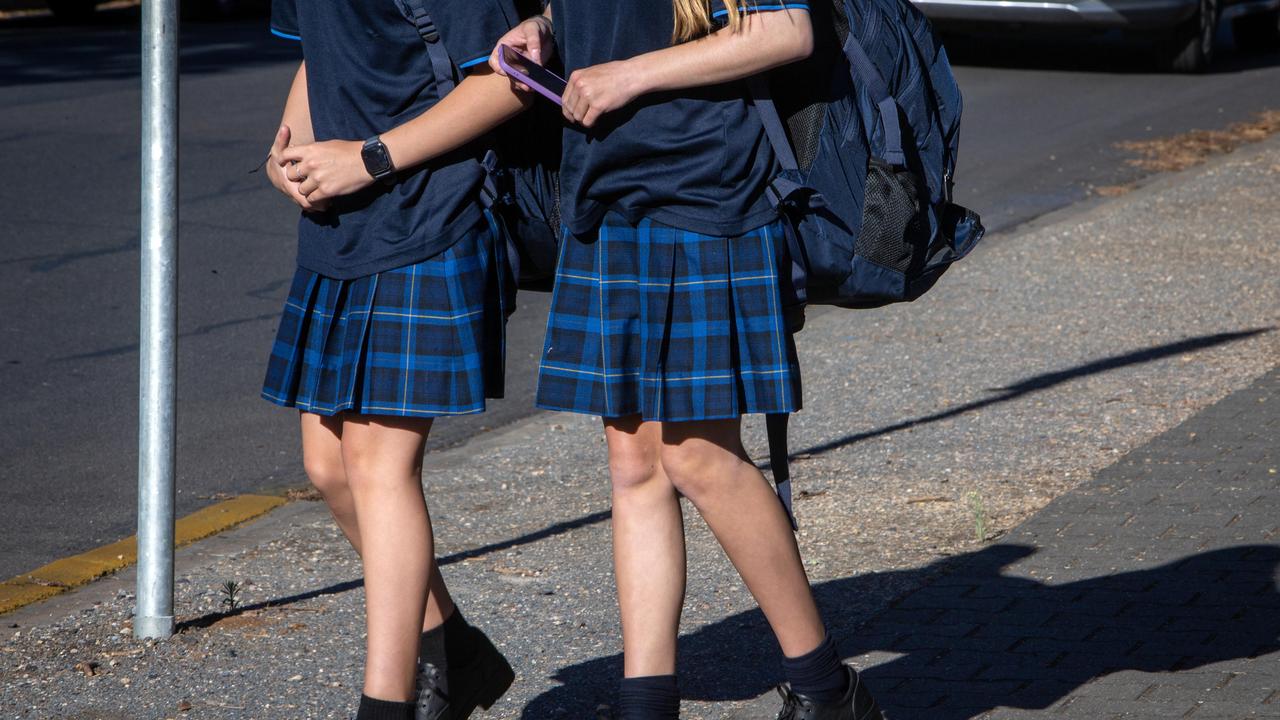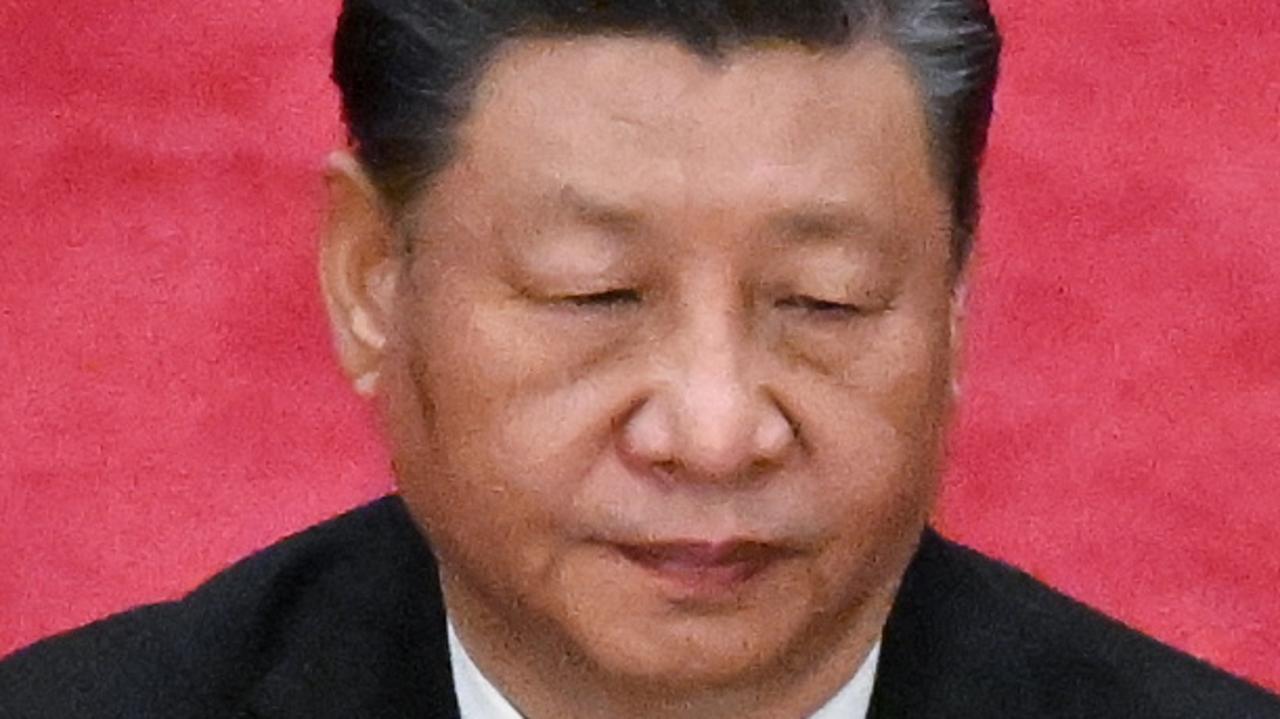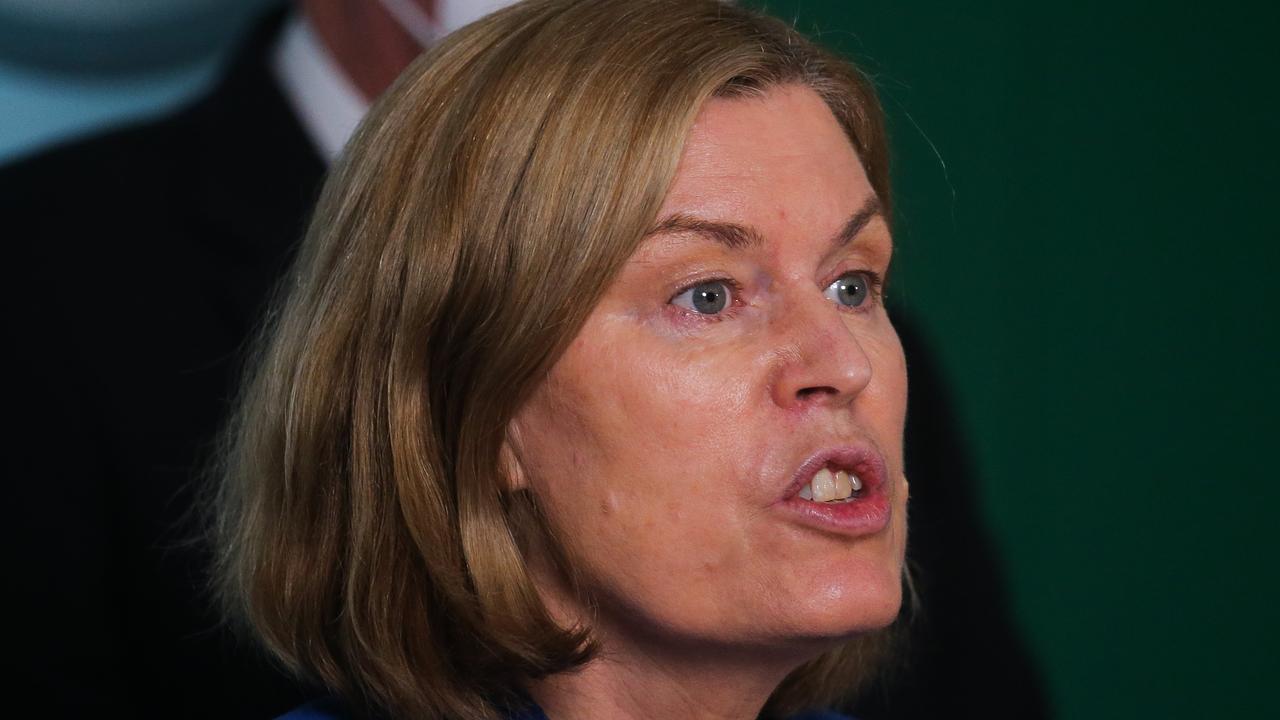Sydney’s tough new restrictions explained: Businesses closed and travel ban
Sydney has woken up to tougher restrictions with only 16 types of businesses now allowed to open, and construction to come to a halt.
Only 16 types of businesses will be allowed to open across Greater Sydney as harsh new restrictions come into effect from today.
Overnight NSW Health also updated a list of professions that are exempt from a travel ban stopping people from leaving Fairfield, Liverpool and Canterbury-Bankstown to include delivery drivers, bottle shop employees, pet shop staff and other workers.
Construction sites will be closed from Monday as will any non-urgent maintenance, including cleaning services, and repair work on residential premises. Businesses will be forced to shut up shop for at least two weeks from Sunday.
Masks must be worn at all times while outside the home. This includes while waiting in outdoor queues for coffee and food, in outdoor markets, outdoor shopping strips and while working outdoors.
All carpooling to be stopped unless among members of the same household.
From Wednesday, employers who do not allow their employees to work from home if they are able to do so, face a fine of up to $10,000.
The only shops that will be allowed to remain open (although other shops can still operate ‘click and collect’, takeaway and home delivery are:
• Supermarkets and grocery stores (including butchers, bakeries, fruit and vegetable stores, liquor stores and fishmongers);
• Stores that predominantly sell health, medical, maternity and infant supplies;
• Pharmacies and chemists;
• Petrol stations;
• Car hire;
• Banks and financial institutions;
• Hardware, nurseries and building supplies;
• Agricultural and rural supplies;
• Pet supplies;
• Post offices and newsagents; and
• Office supplies.
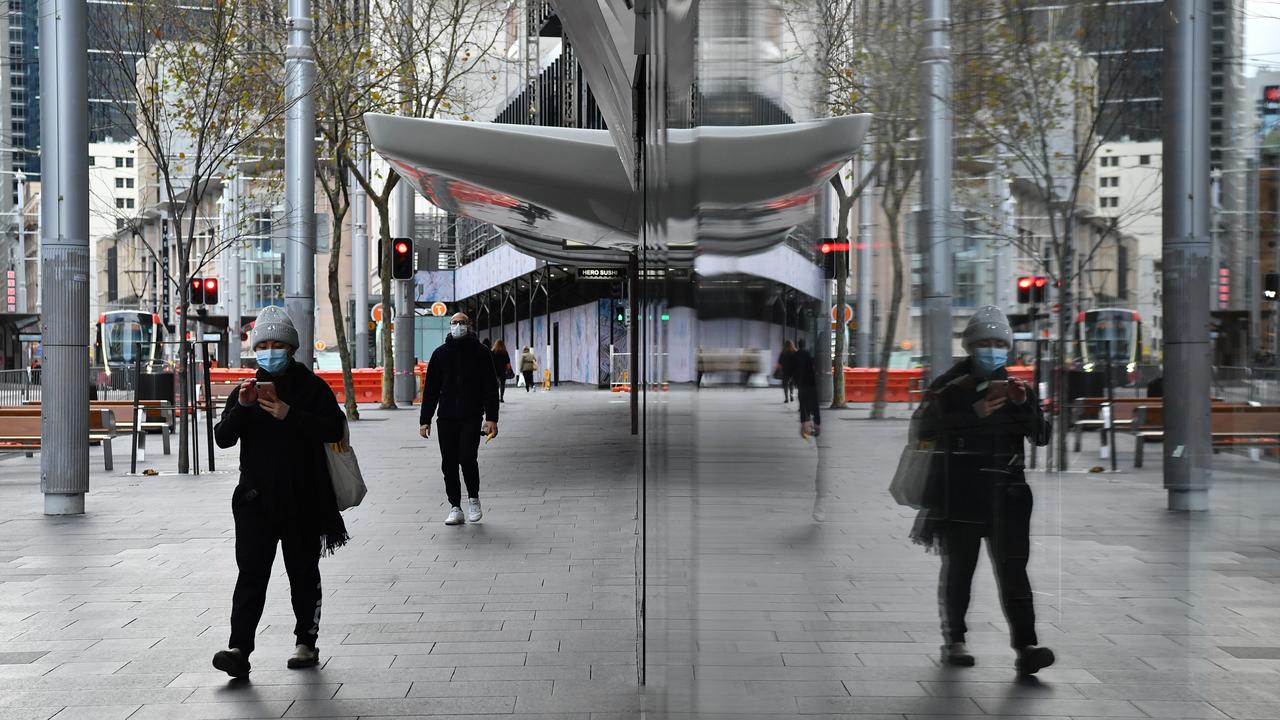
Everyone must stay at home unless leaving for a “reasonable excuse”.
According to NSW Health these include: buying food or other goods and services, going to work if you cannot work from home, exercise within 10km of your home or leave for medical or caring reasons.
Angry truck drivers have held a protest convoy on Saturday across the Sydney Harbour Bridge and Anzac Bridge ahead of the snap changes to the rules.
Premier Gladys Berejiklian announced the toughening of restrictions yesterday, after 111 new cases of coronavirus were detected in NSW, 29 of who were in the community while infectious.
“We’ve prevented thousands and thousands of people being exposed to the virus and being infected, but what we haven’t managed to do is really budge that stubborn number every day for the last few days where we need to quash this virus,” Ms Berejiklian told reporters.
We know that many of you may have questions about the new COVID-19 restrictions in Greater Sydney.https://t.co/ThQbXdFEm1 is the best place to find the latest information.
— NSW Health (@NSWHealth) July 17, 2021
Please see links below for up to date information. pic.twitter.com/LMESbgAfu8
“It is not good enough for us to tread water which is what we’re doing now … and that is why the New South Wales government is taking further action from today.”
For people in Greater Sydney including the Central Coast, Blue Mountains, Wollongong and Shellharbour, new rules will come into place at midnight Saturday until 11.59pm on July 30 – including changes of operation for retail premises that are not deemed “critical”.
“We have a list of what is critical retail,” Ms Berejiklian said. “Obviously things like supermarkets, pharmacists, they will retain face-to-face retail. But anything which is regarded as non-critical retail will not be able to have face-to-face.”
RELATED: Huge spike in Victoria exposure sites
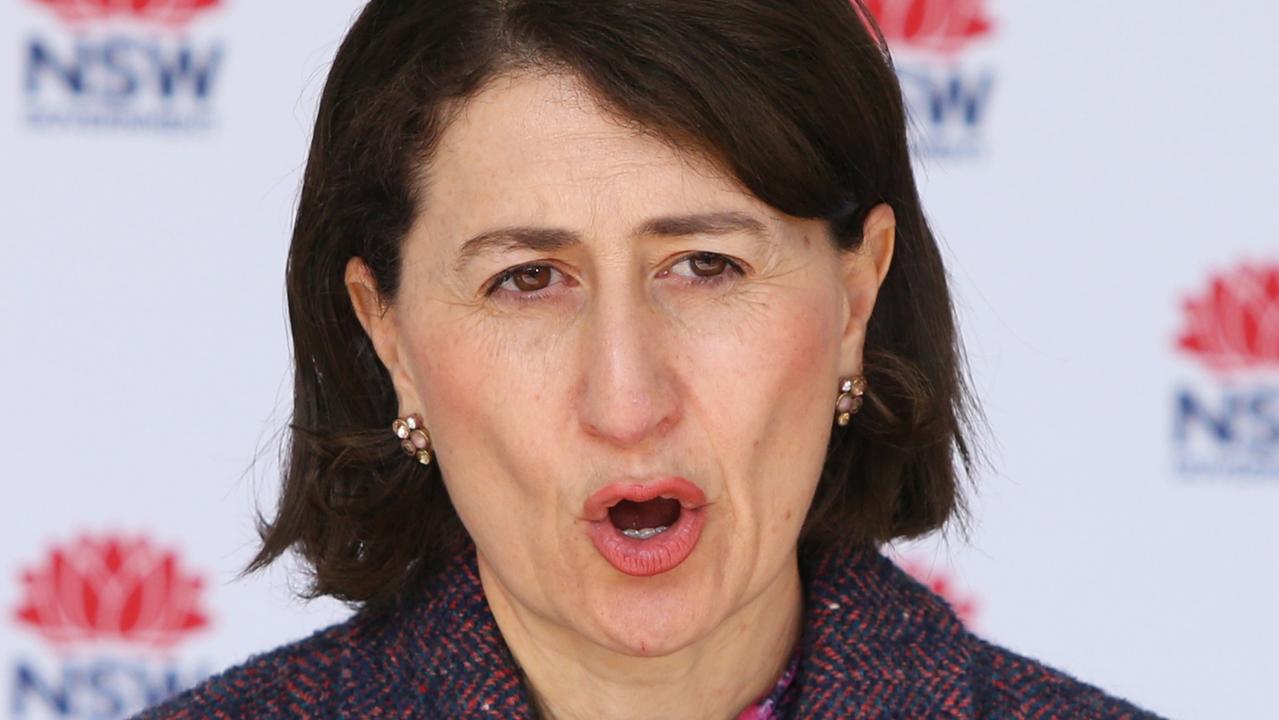
Retail deemed “non-critical” will be required to close and only permitted to offer click and collect, takeaway and home delivery until July 30.
While the NSW Government hasn’t clarified which businesses count as “non-critical”, it’s safe to assume that high-end retail stores will no longer be allowed to operate.
Authorised workers
The range of professions exempt from a travel ban stopping people from leaving Fairfield, Liverpool and Canterbury-Bankstown has been expanded to include delivery drivers, bottle shop employees and pet shop staff.
The list was broadened on Saturday evening to include supermarket employees, staff at shops that predominantly sell food and drink, office supplies, pet shops, newsagent, maternity and baby supplies and other manufacturing roles.
Warehousing jobs or services related to maintenance and safety are also exempt from the LGA restrictions.
The list also includes defence and national security staff, politicians and teachers.
Those who do need to leave the area for work are required to be tested for Covid-19 every three days even if they do not have symptoms.
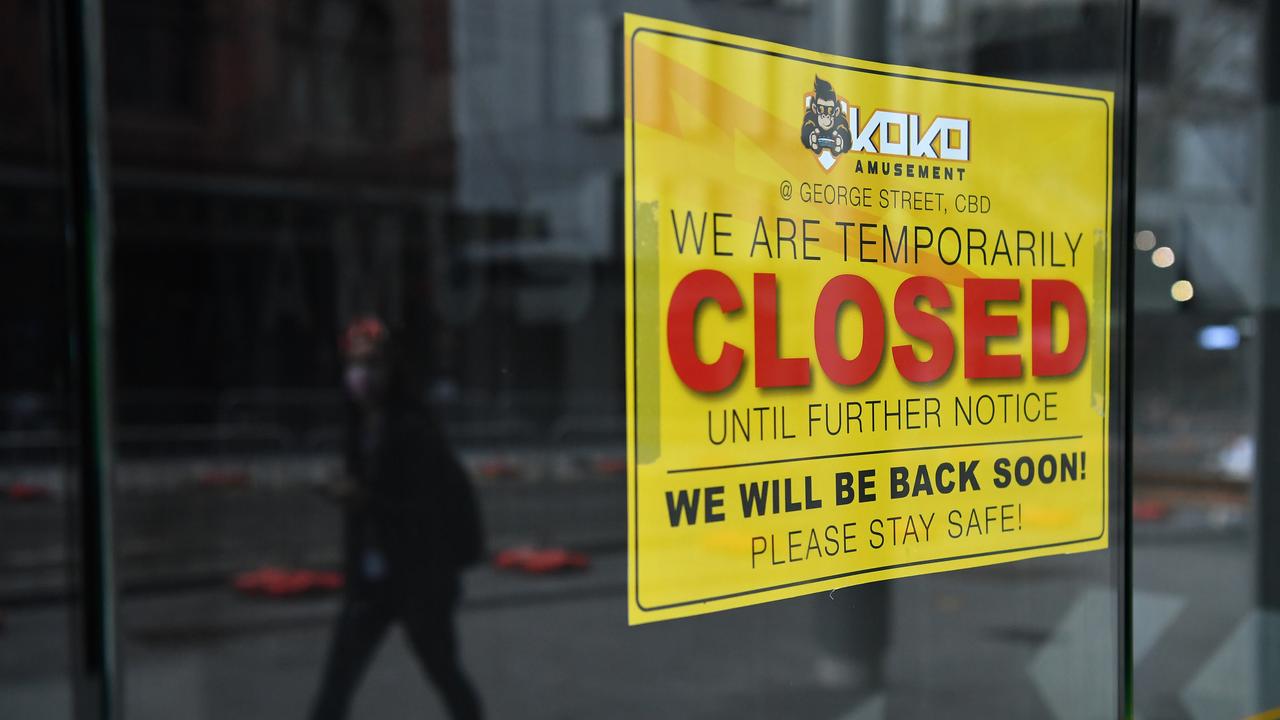
Coles trading hours change at some stores
All Coles supermarkets, liquor and Coles Express sites in the affected areas will stay open during this time,” a Coles statement read, “ and customers can continue to shop online using our Click & Collect or home delivery services.
“A small number of our supermarkets have adjusted their trading hours, so please check your store’s opening times here before leaving home.”
“In line with this requirement, we ask our customers to ensure they are wearing a face mask before entering any of our NSW stores unless they have an exemption – and the same rules apply to our team.”
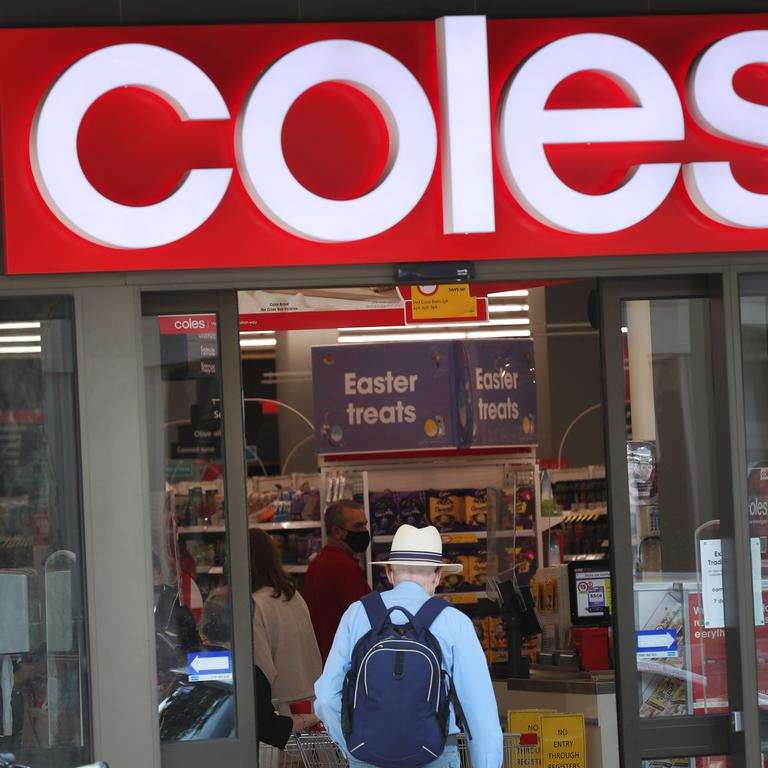
The NSW Government faced pressure throughout the week to bring in tougher restrictions on businesses, with the Australian Medical Association (AMA) calling on Ms Berejiklian to introduce a lockdown “more Victorian in style”.
“What we do mean by this is we mean closing retail that is not essential. That should not be up to common sense, not up to people doing the right thing but an edict from government to close non-essential retail,” AMA President, Dr Omar Khorshid, said on Friday.
“It means closing non-essential businesses, as was done during the lockdown in Victoria … These measures are needed, they are not going to have a negative economic impact on Sydney because if they are not done, the economic impact on Sydney will be extraordinary.
“It is time to take this seriously, it is time to not be hesitant, do not be worried about how this might be perceived by the community.
“Take decision action to address this crisis in Sydney and to give Sydney the best chance of getting out of this within weeks rather than months.”

